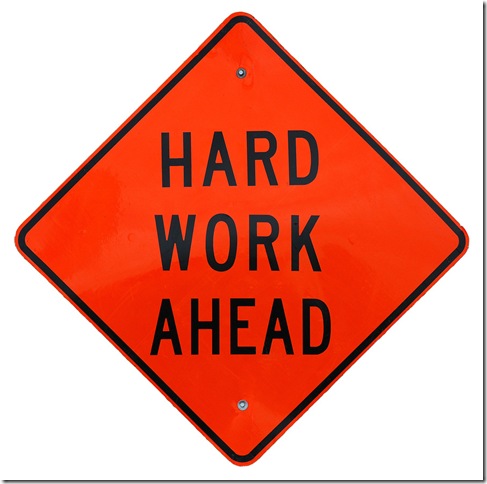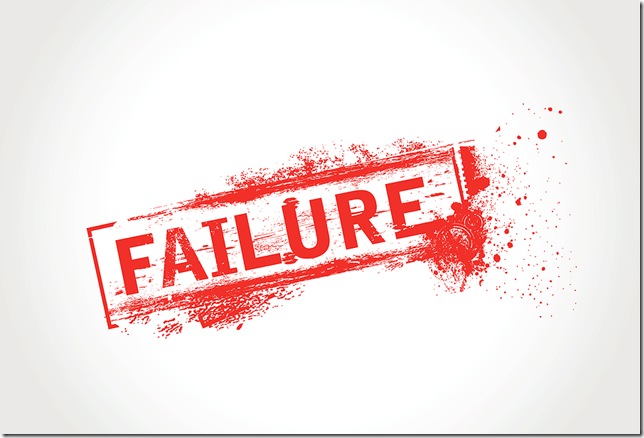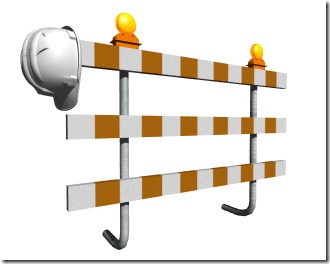Getting Interviews But No Offers? Here’s Why
Q. I’m getting job interviews but not receiving offers. Is there anything I can do to change that?
A. I assume from your question that the interviews are with companies, as opposed to recruiters, and that they are in-person rather than phone interviews. In addition, the company has seen your résumé prior to interviewing you. This means that your résumé is working. Companies, maybe even recruiters, like your background, experience and skills enough to want to meet you so I wouldn’t change a résumé that is working. The problem then is most likely your interviewing skills.
My guess is that you have not done enough preparation in this area. When I coach executives with this issue, the first place we start is by filming the person while I interview them. I suggest you try this. People are amazed at how different they look on video from how they perceive themselves. For example, some studies indicate as much as 70% of communication is nonverbal, i.e. body language. When you review the video, what is your body language saying? How are you sitting in the chair? I know candidates always think they are looking the interviewer in the eyes when answering, however, often the video reveals something different. You will hear exactly how you communicate in your own words. How often do you use the word “like” or “uh” to connect sentences? Do you actually answer the question asked or the one you want to answer? Seeing yourself in an interview may solve your issues.
Q. Should I use a cover letter with my résumé and is there a preferred format?
A. I recommend having a cover letter. As a recruiter, I’m interested in your résumé way more than a cover letter. I have spoken with many executives and HR professionals that expect a cover letter. The important thing to remember about a cover letter is that it is not an extension of your résumé, an addendum to your résumé or held to the same standards as a résumé. Candidates often think because they included something in the cover letter, they don’t have to include it in the resume. Wrong. A cover letter is just that, a letter. It highlights points of interest relevant to the position you are applying for. If something is mentioned in the cover letter, it is imperative that it is also presented in the résumé.
I prefer a one-page, two-column cover letter. One column is titled, “What you seek” and the second column is, “My experience.” This format makes it easy for the reader to quickly align your experience with their needs so they will want to read your résumé. After all, there is only one purpose for a cover letter, which is getting the reader excited enough to read your résumé.
Join our Linkedin Job Search Networking Group. 6,000 other people are benefiting from the discussions and articles. CLICK HERE to join, it is free.
Turbo-charge your job search in 2011 by evaluating its strengths and weaknesses with our FREE Job Search Plan Self-Assessment Scorecard. This will help you and your accountability partner get your search started out right. CLICK HERE to download your scorecard.
Need a great cover letter? We have a free sample cover letter on our Web site that is proven to get you noticed. CLICK HERE to download yours.
If this was helpful to you, then please help others by forwarding it on to your network, posting it on your Facebook page, Tweeting with the link, posting it to your Linkedin groups or status update. Let’s all do everything we can to help those looking for employment.
I welcome your comments.
Brad Remillard










